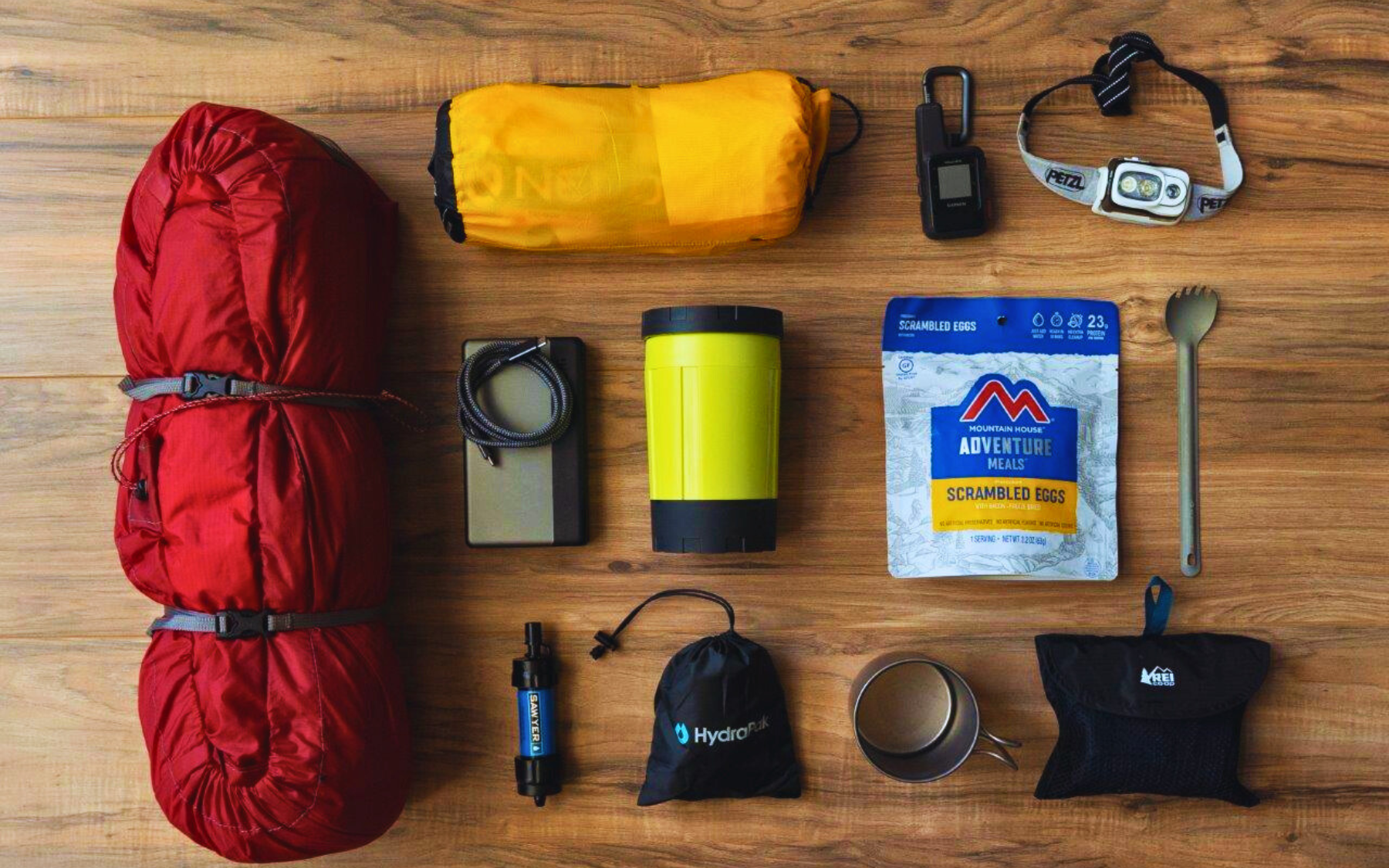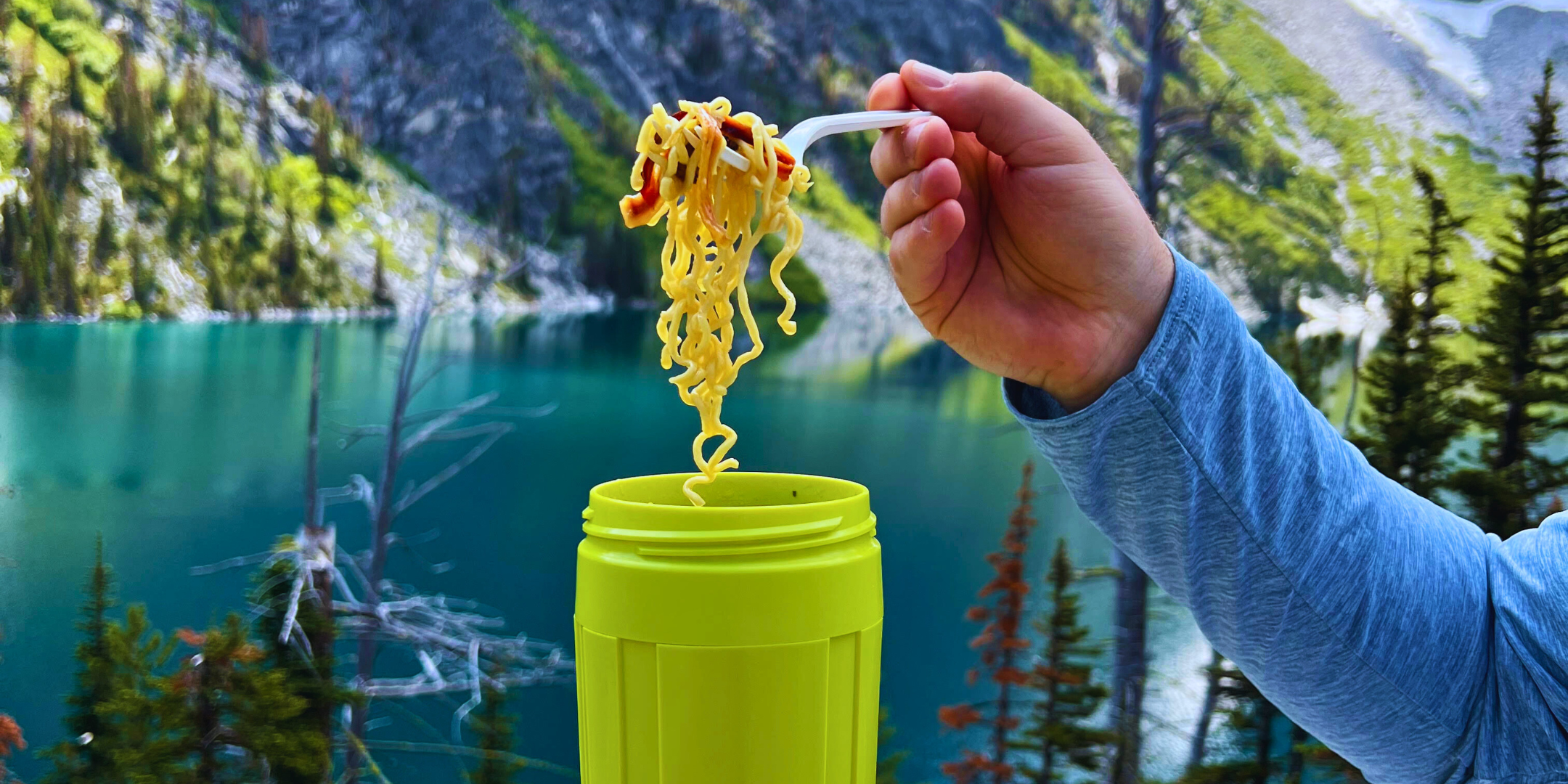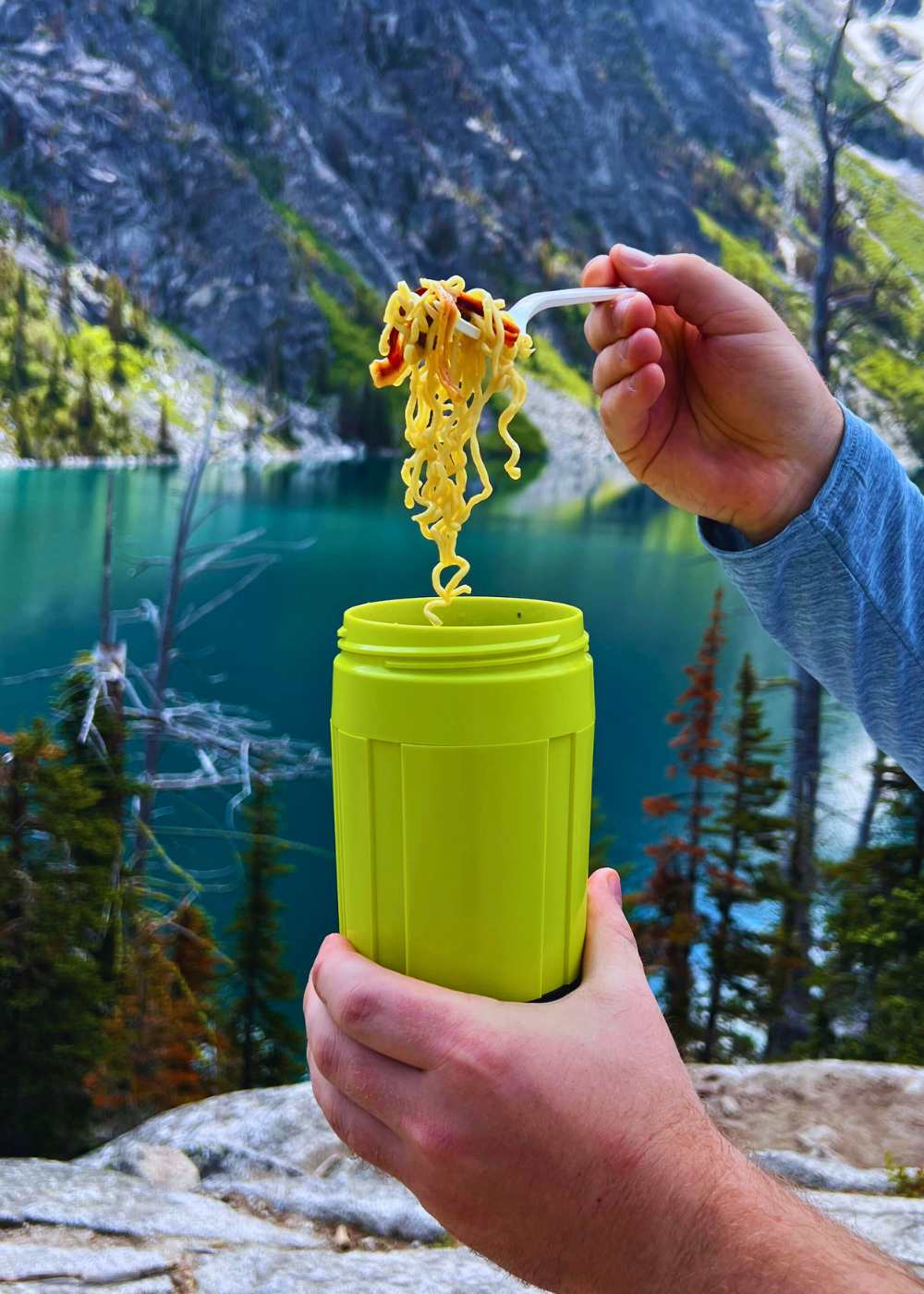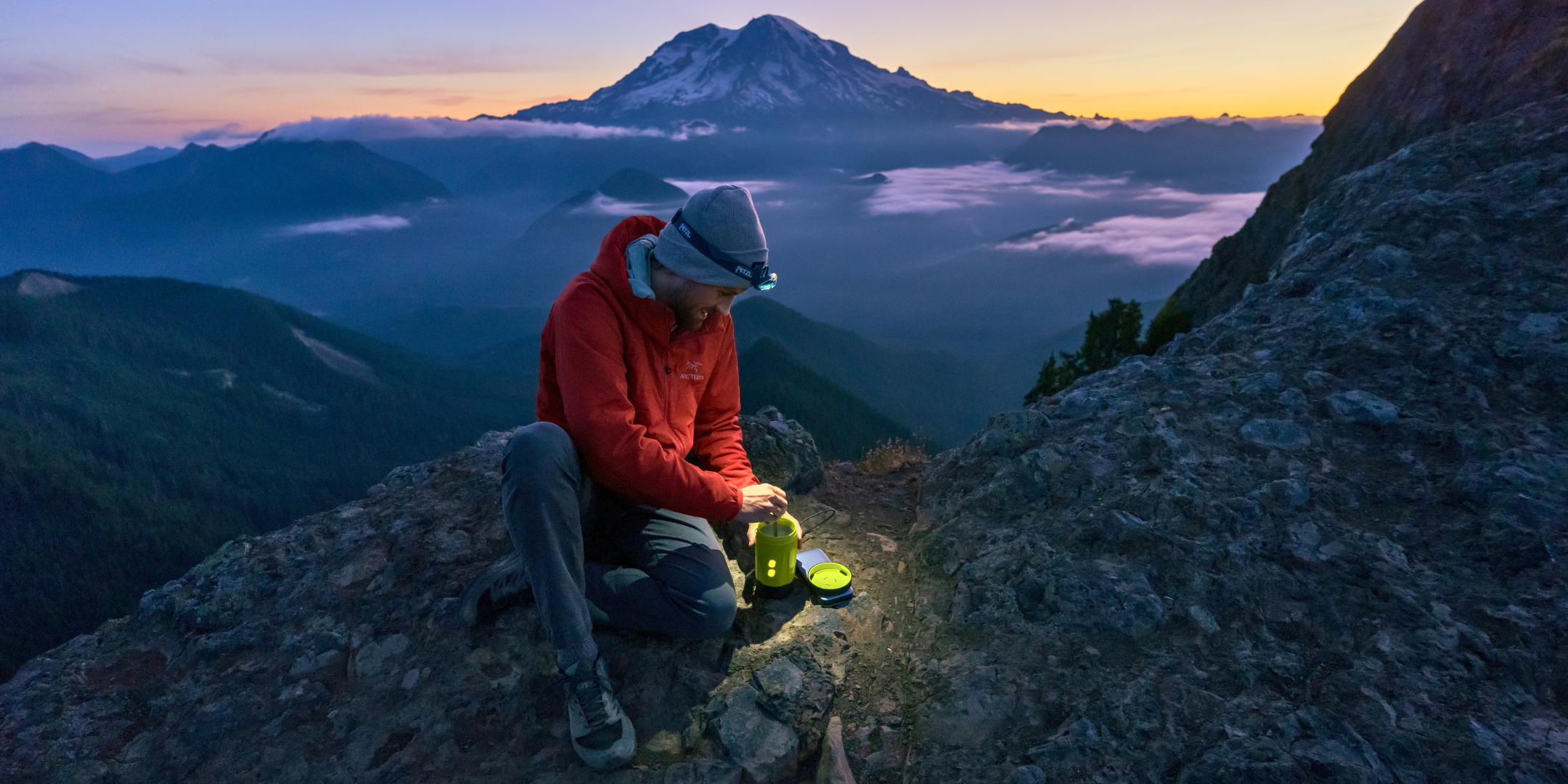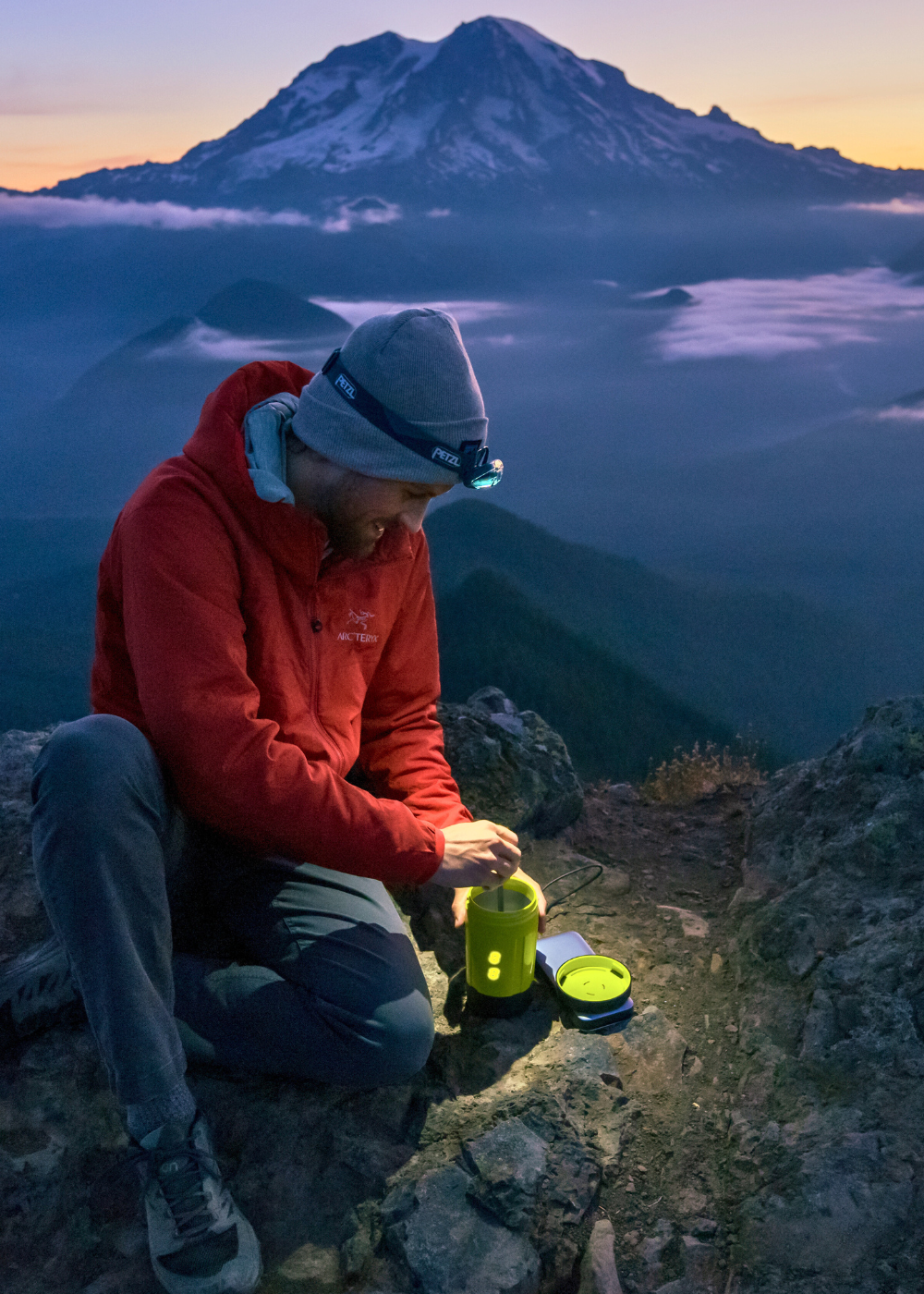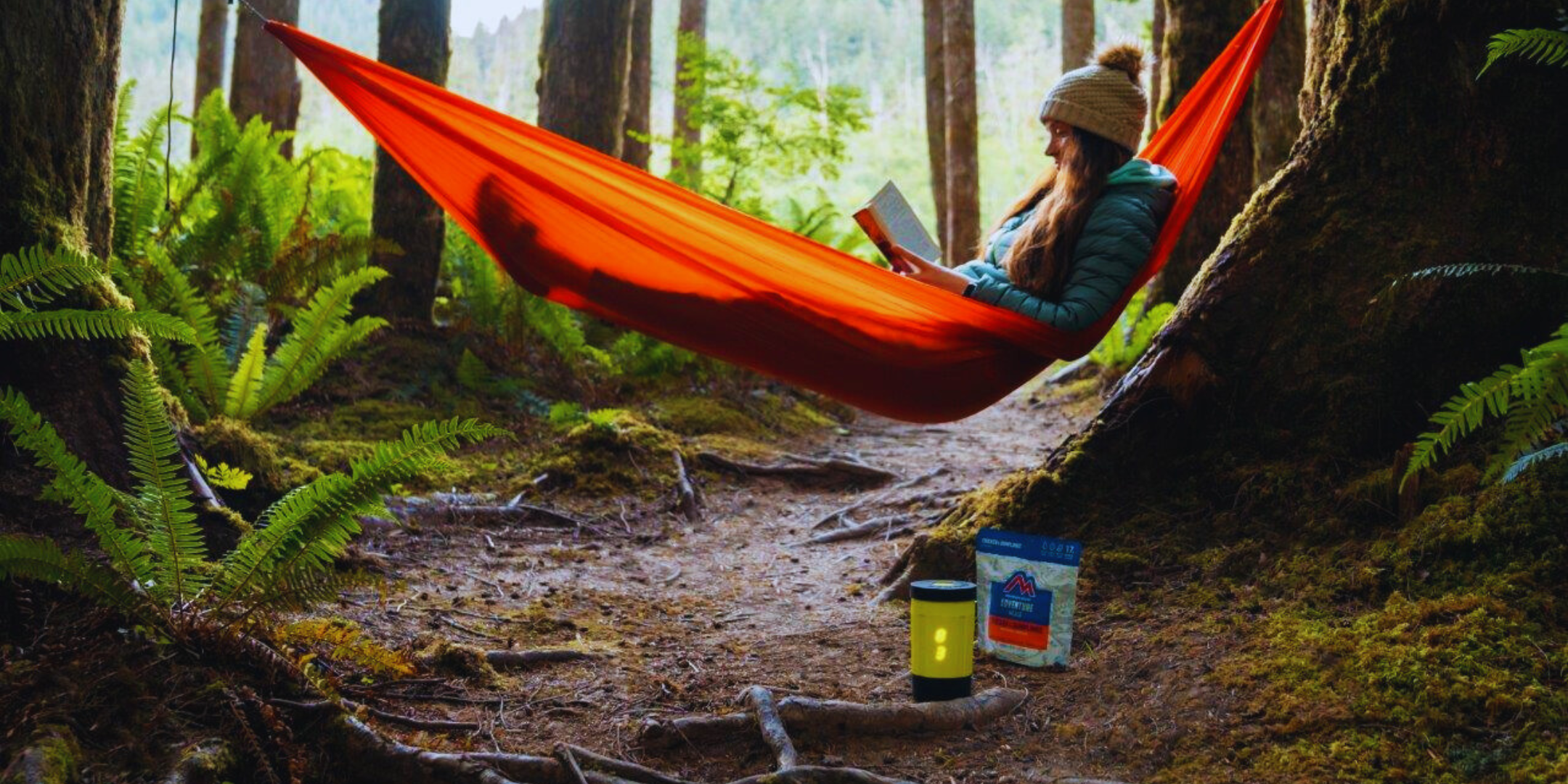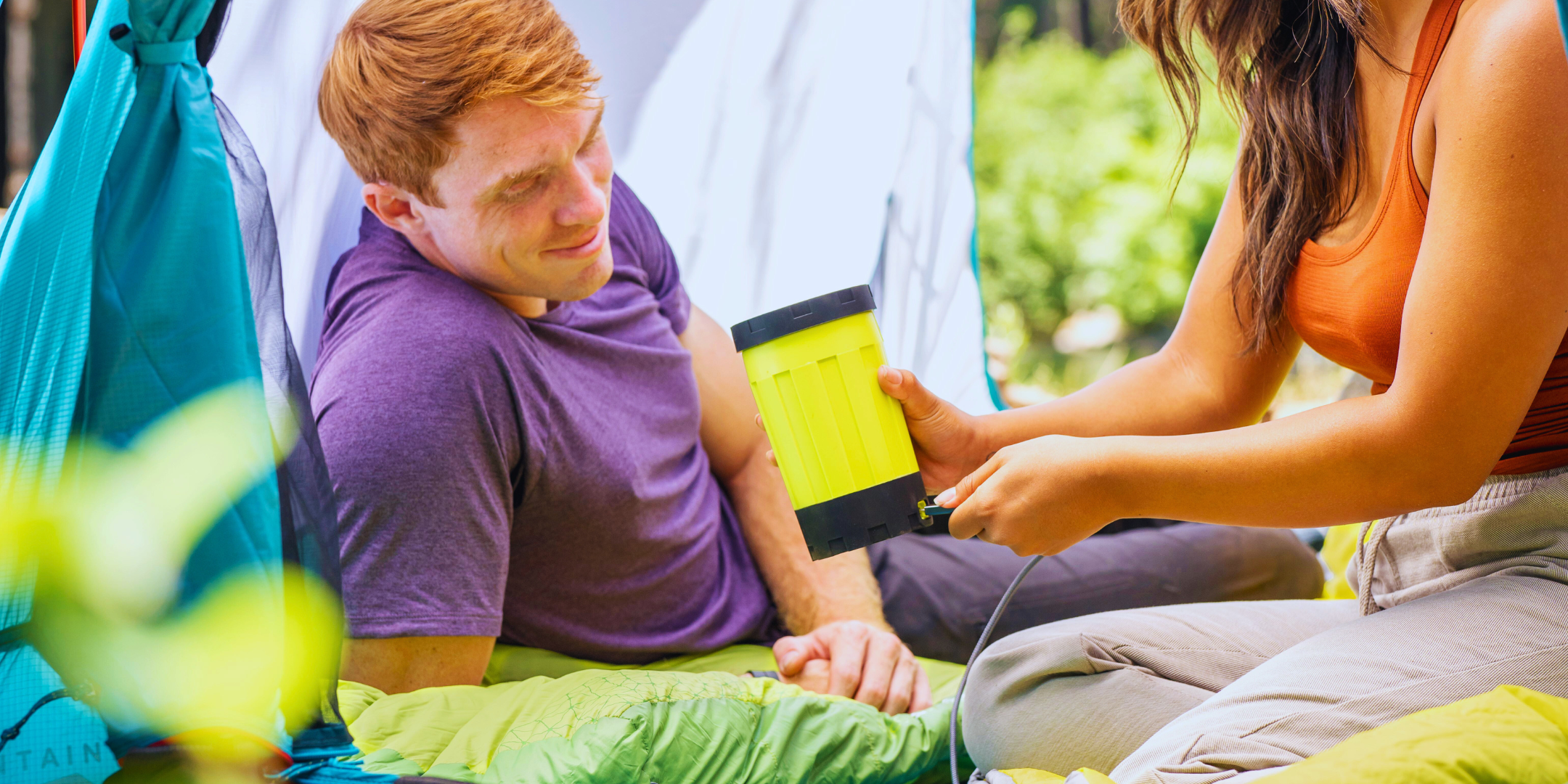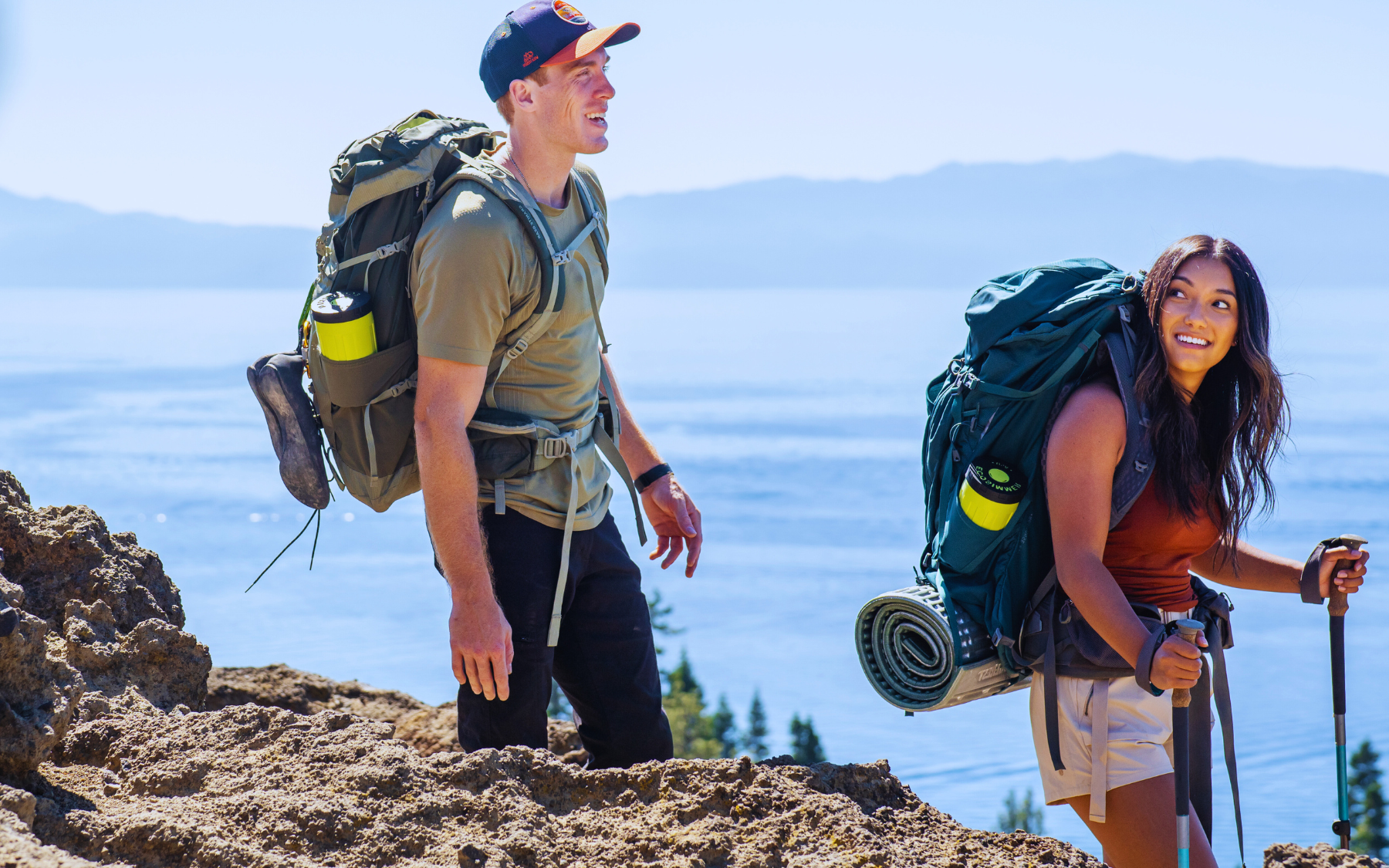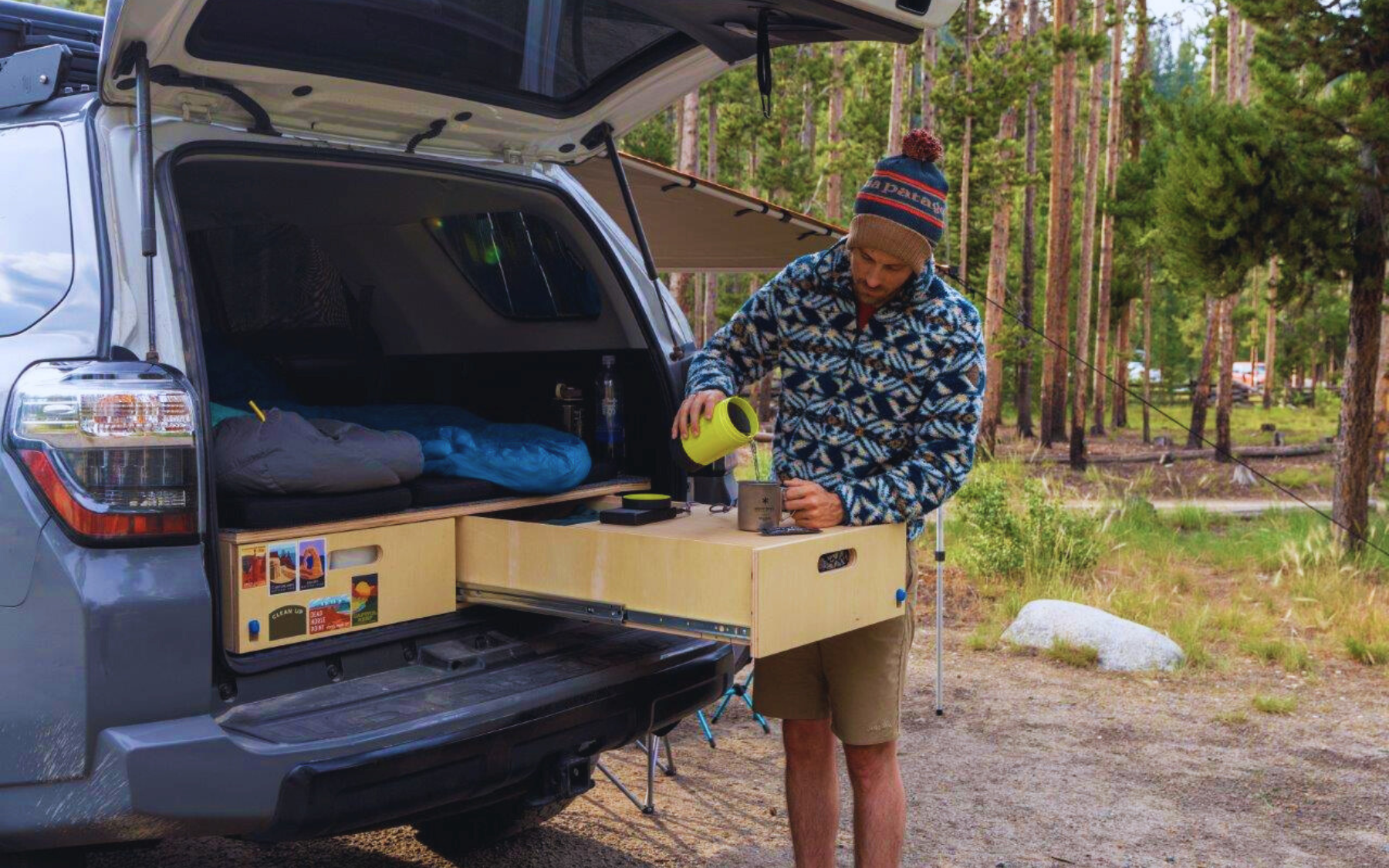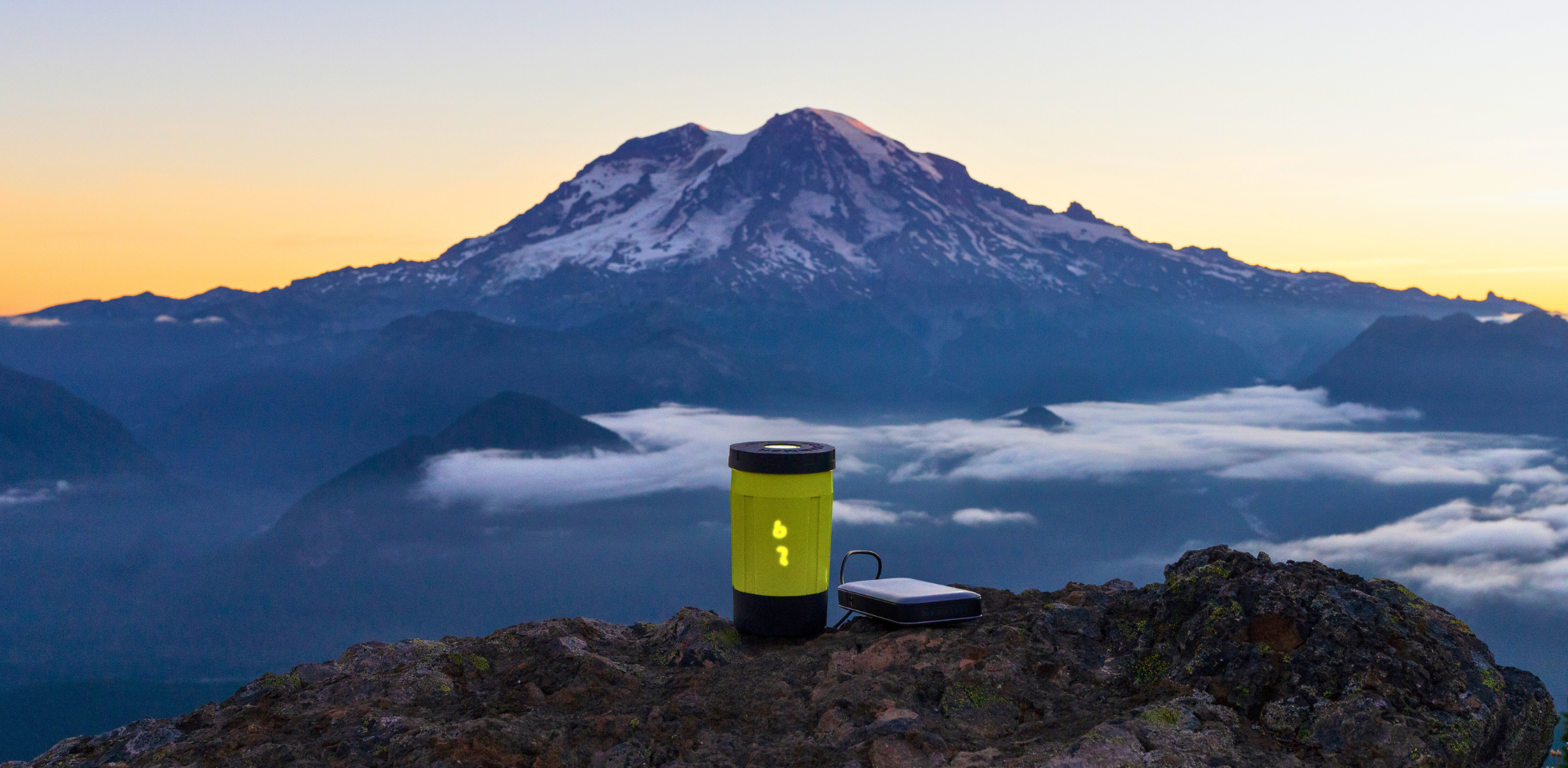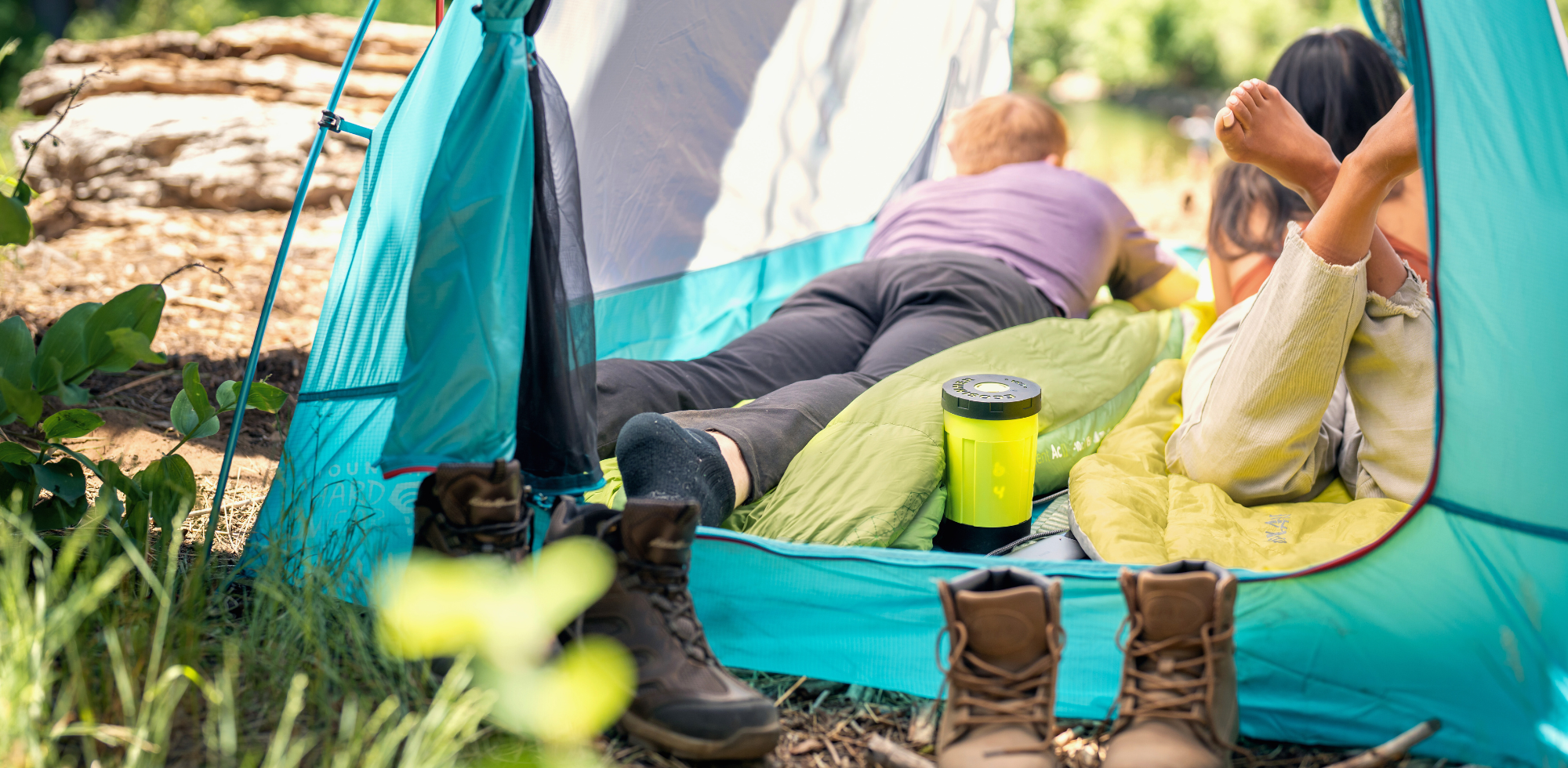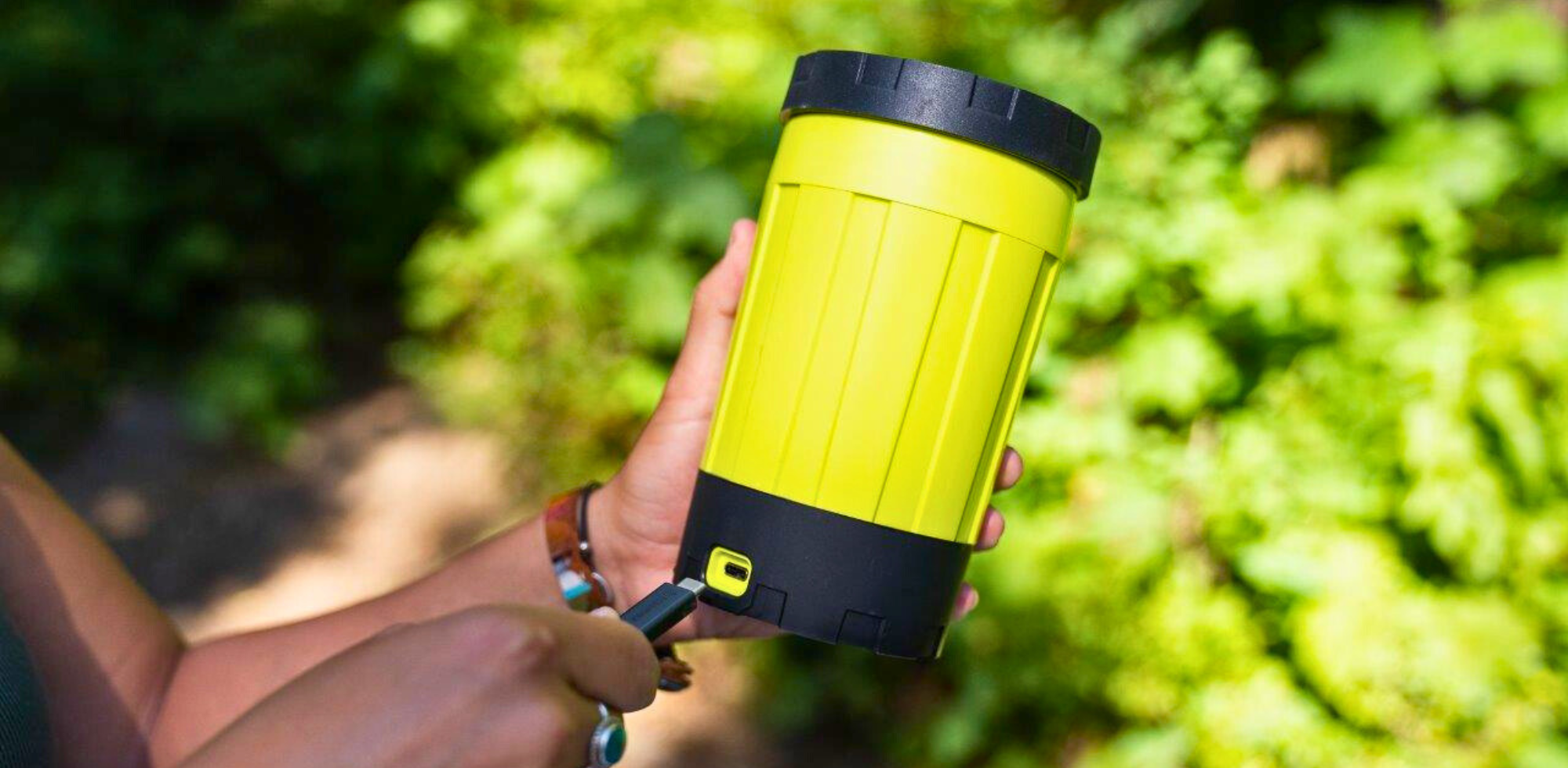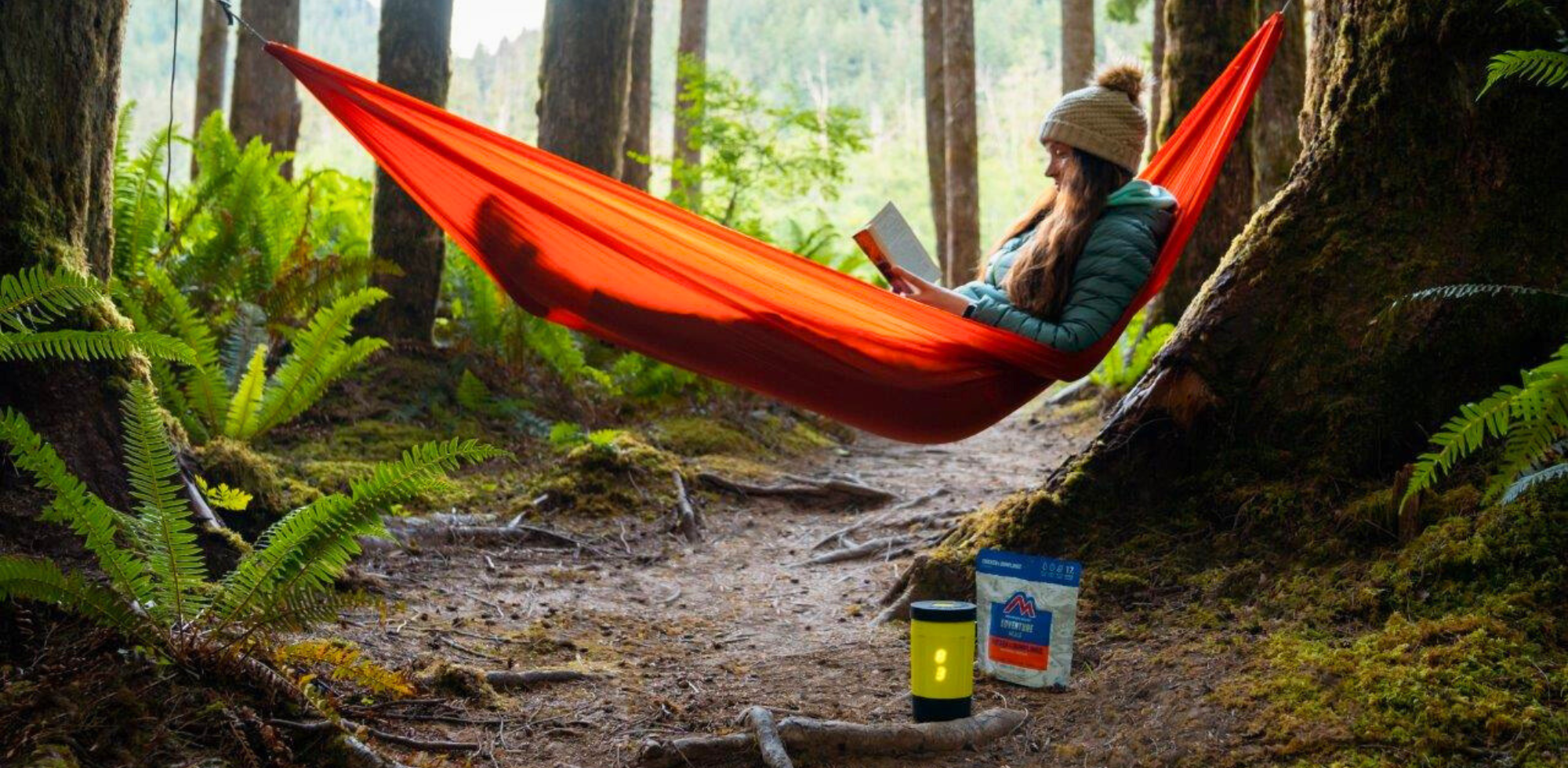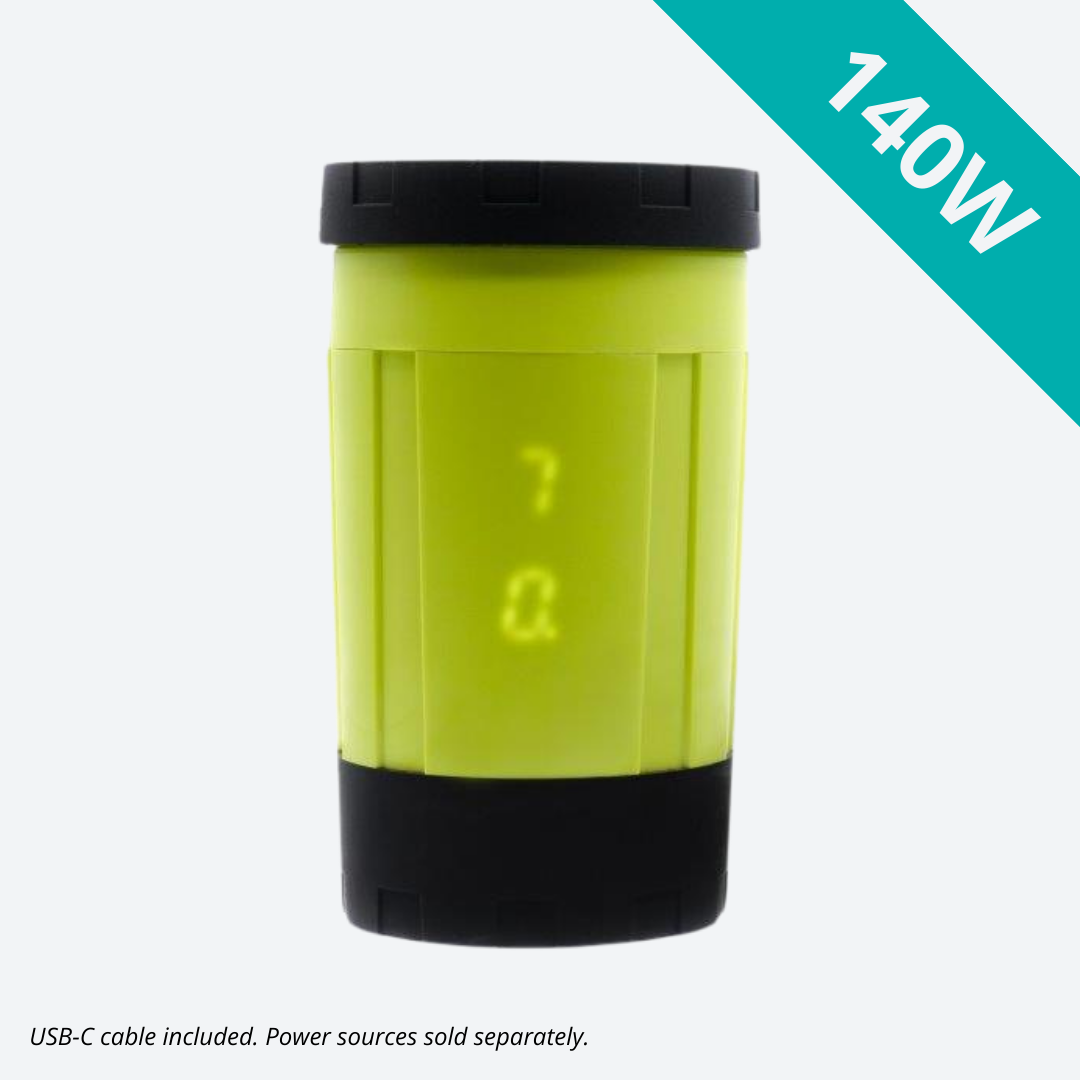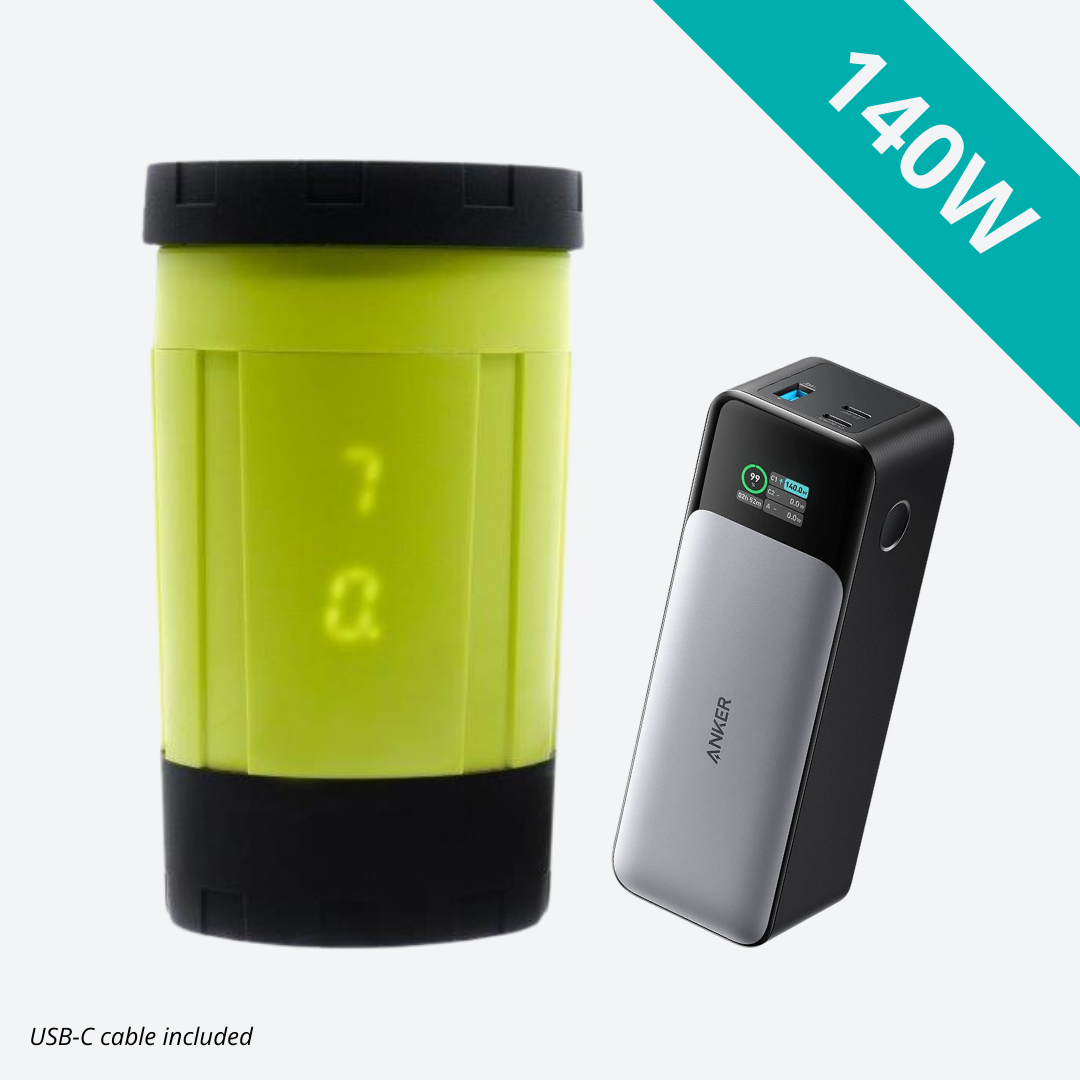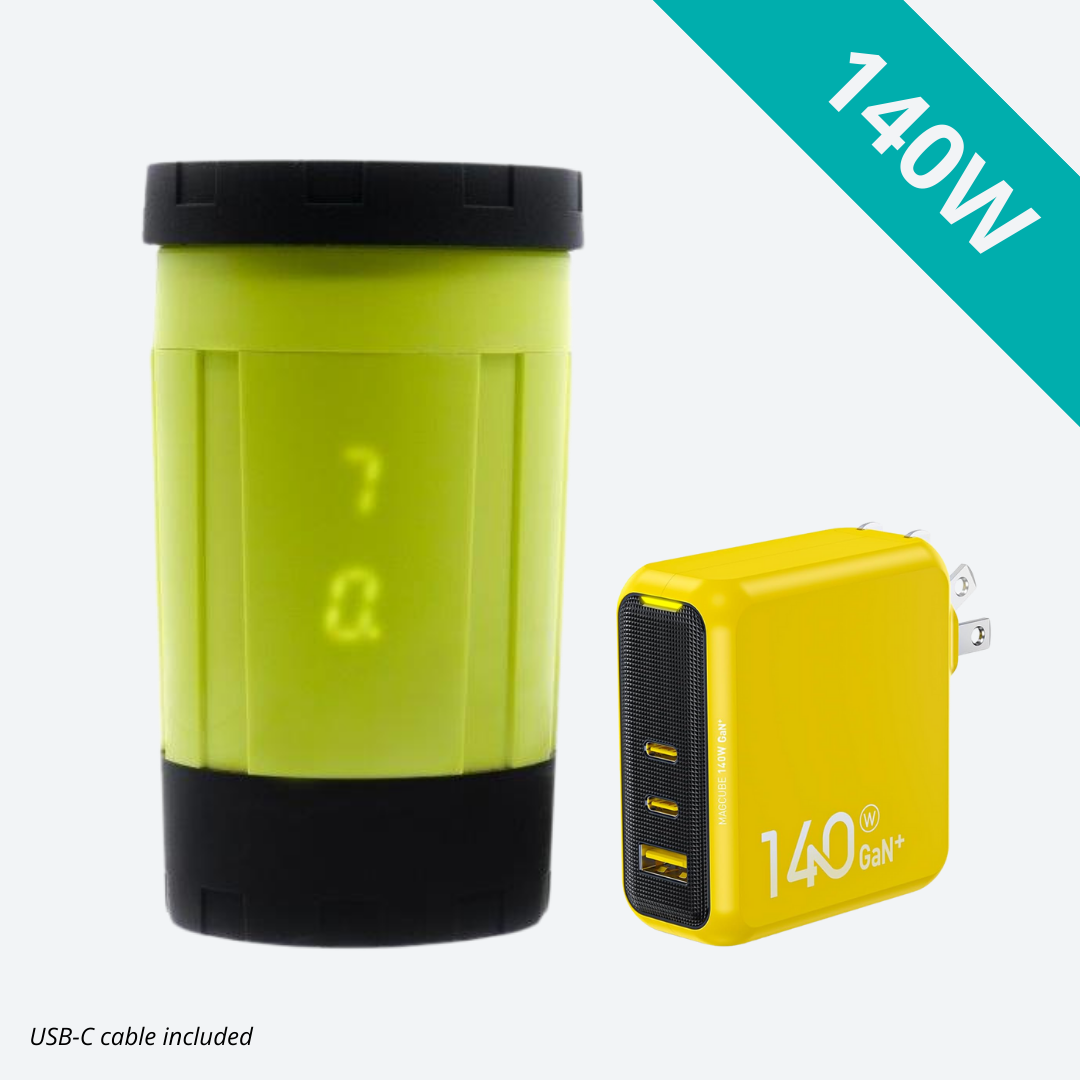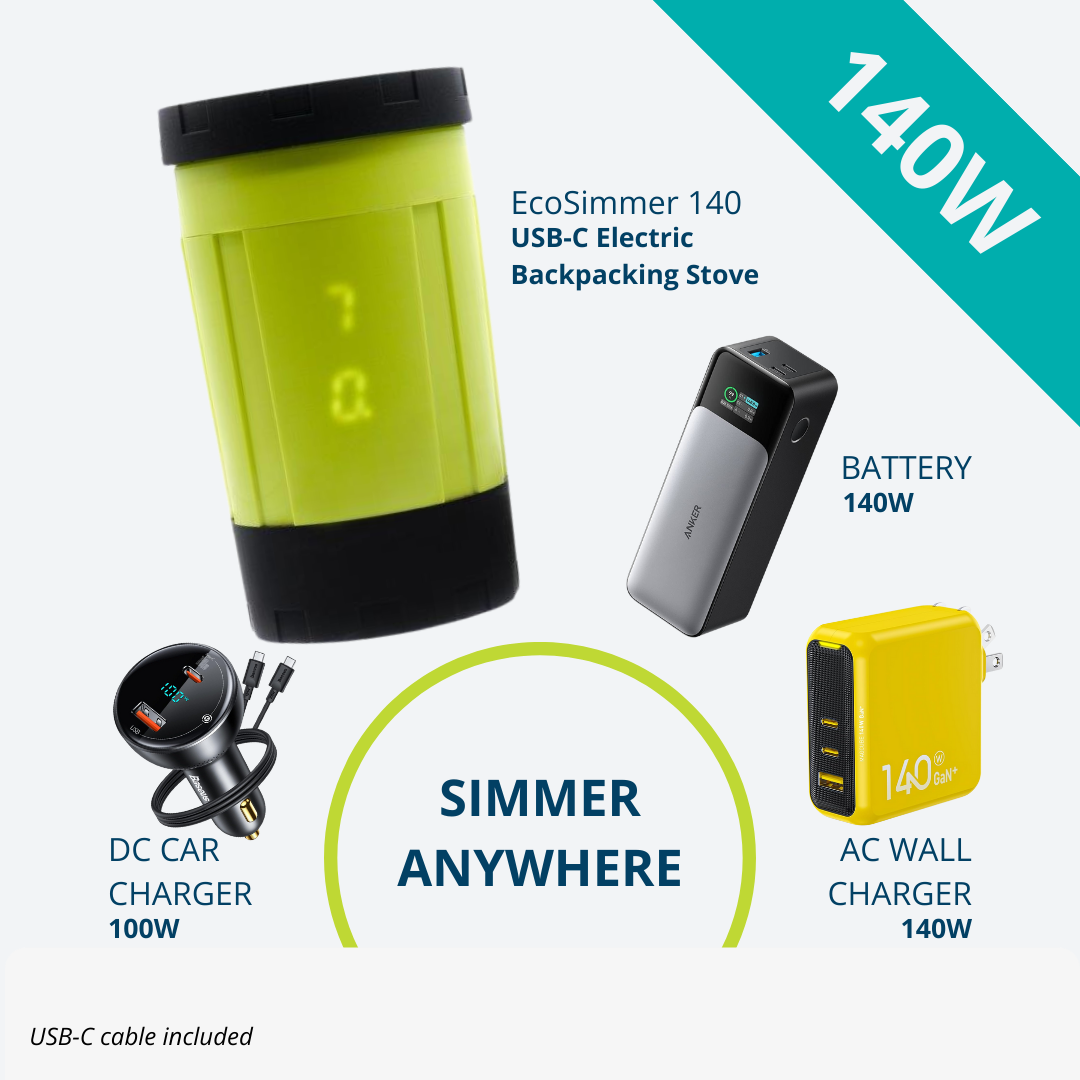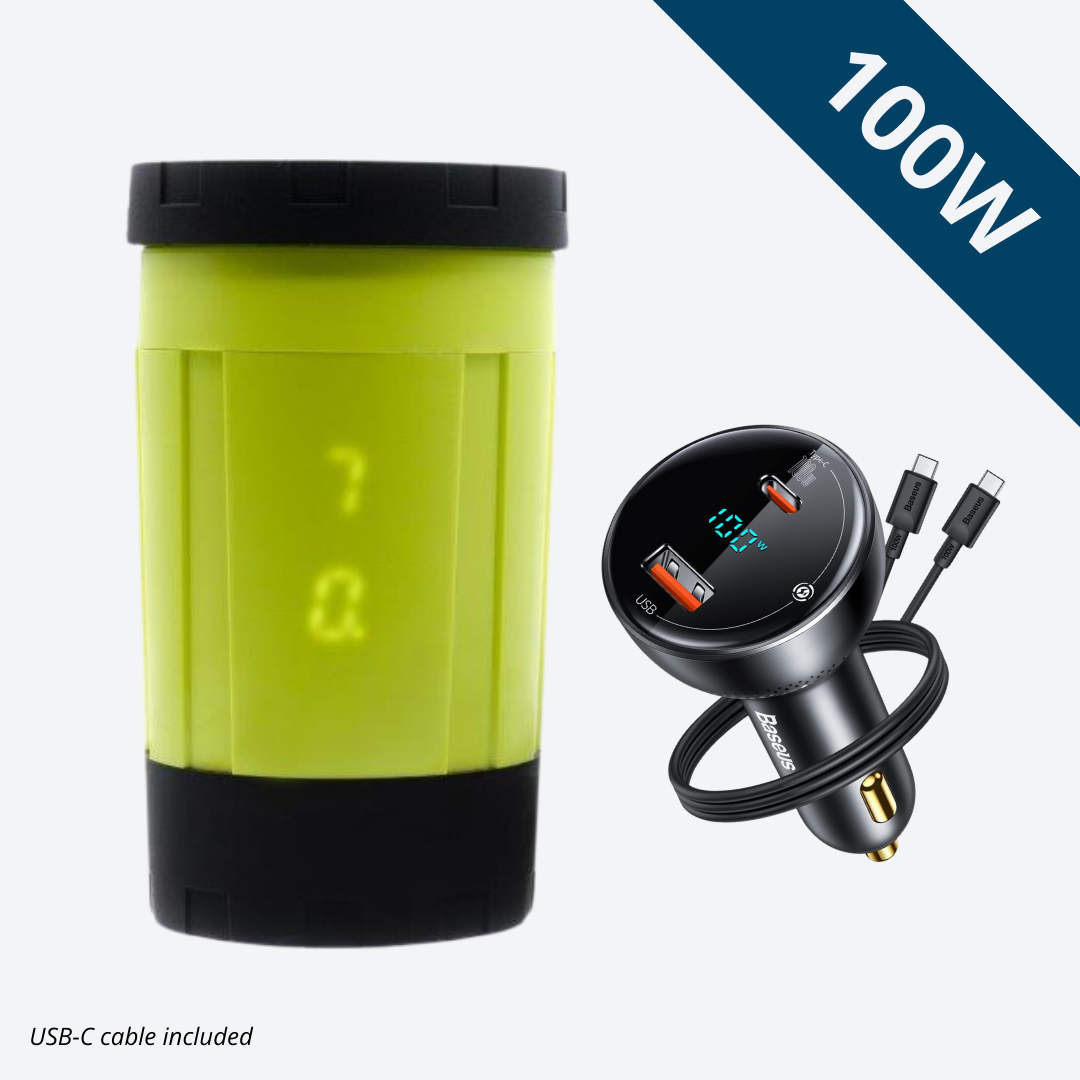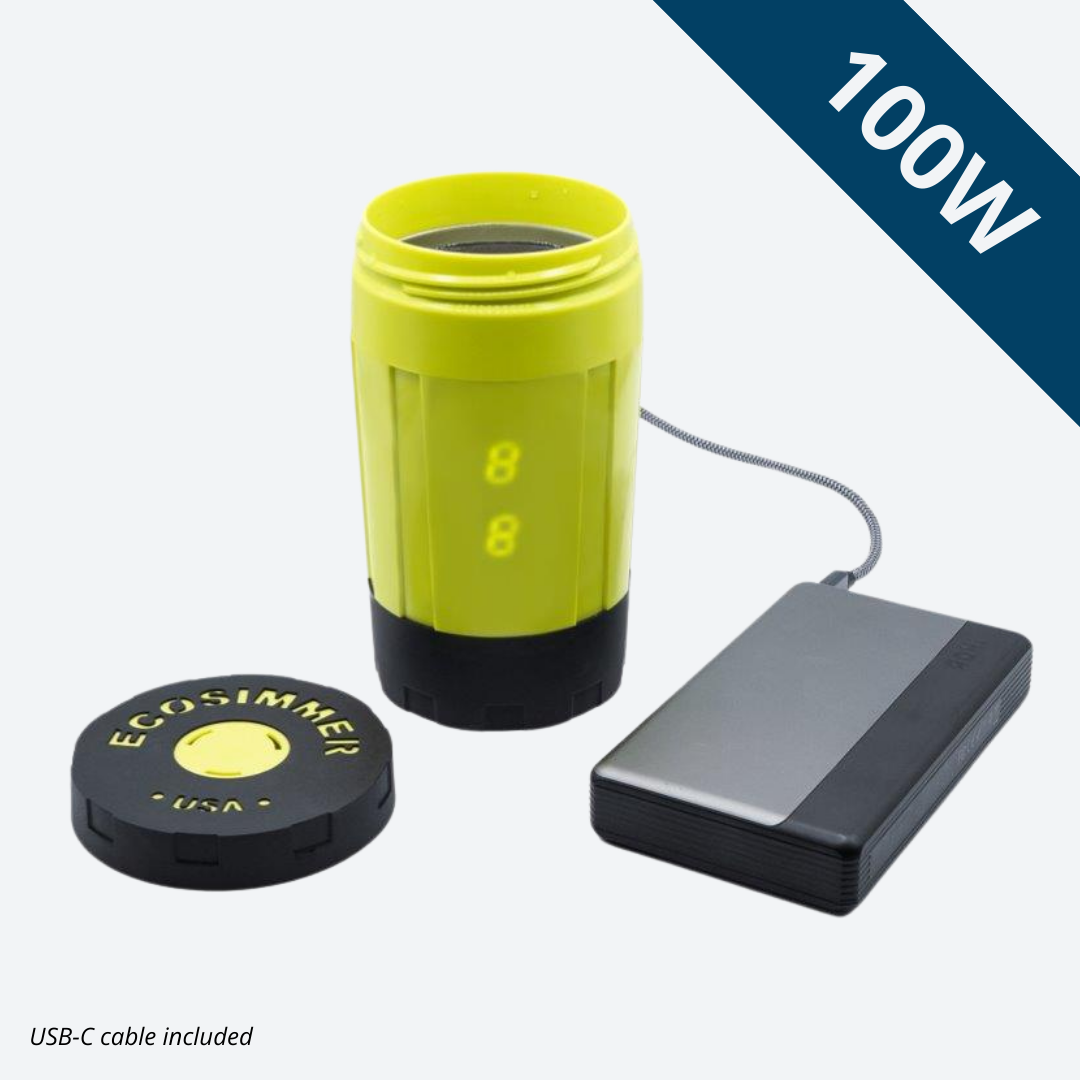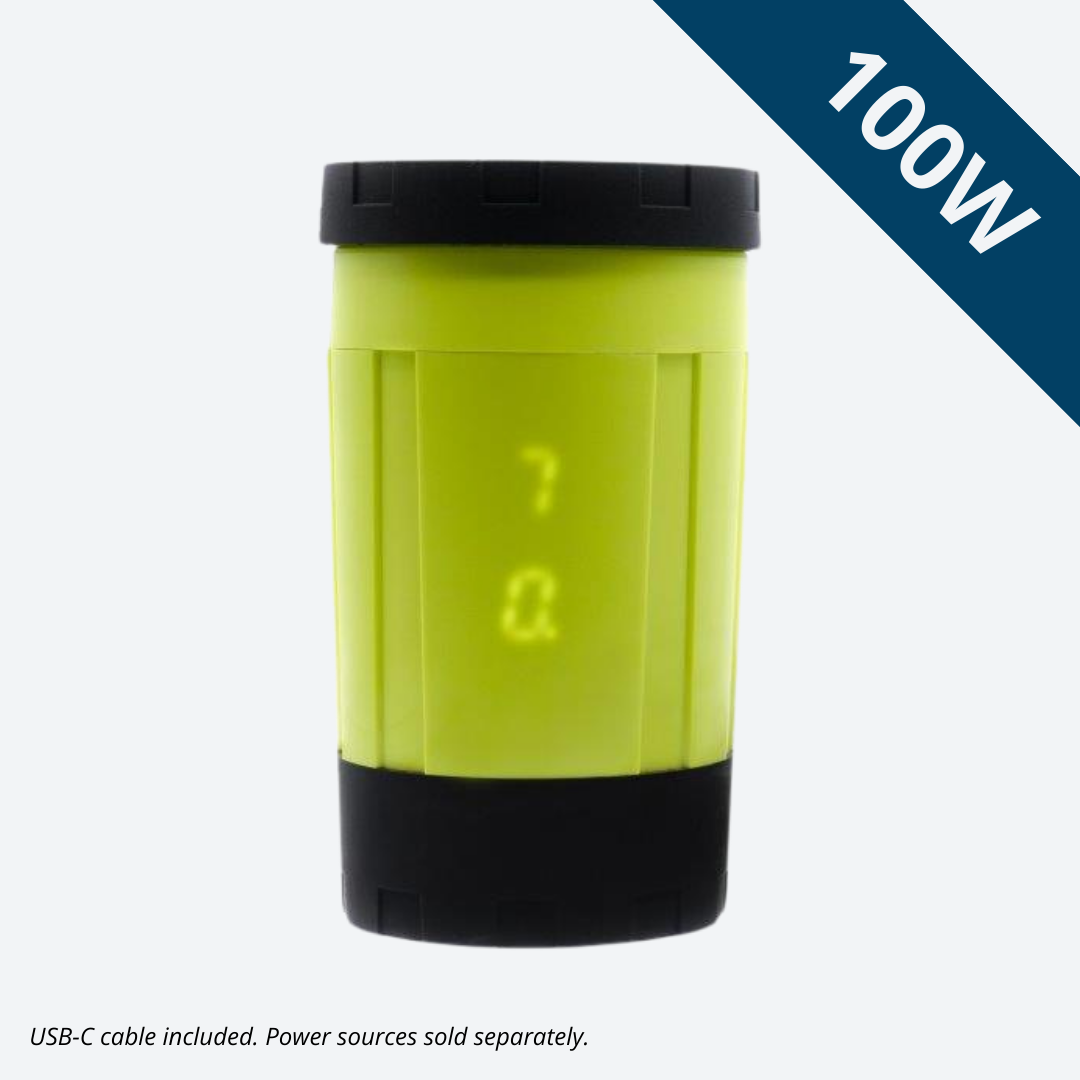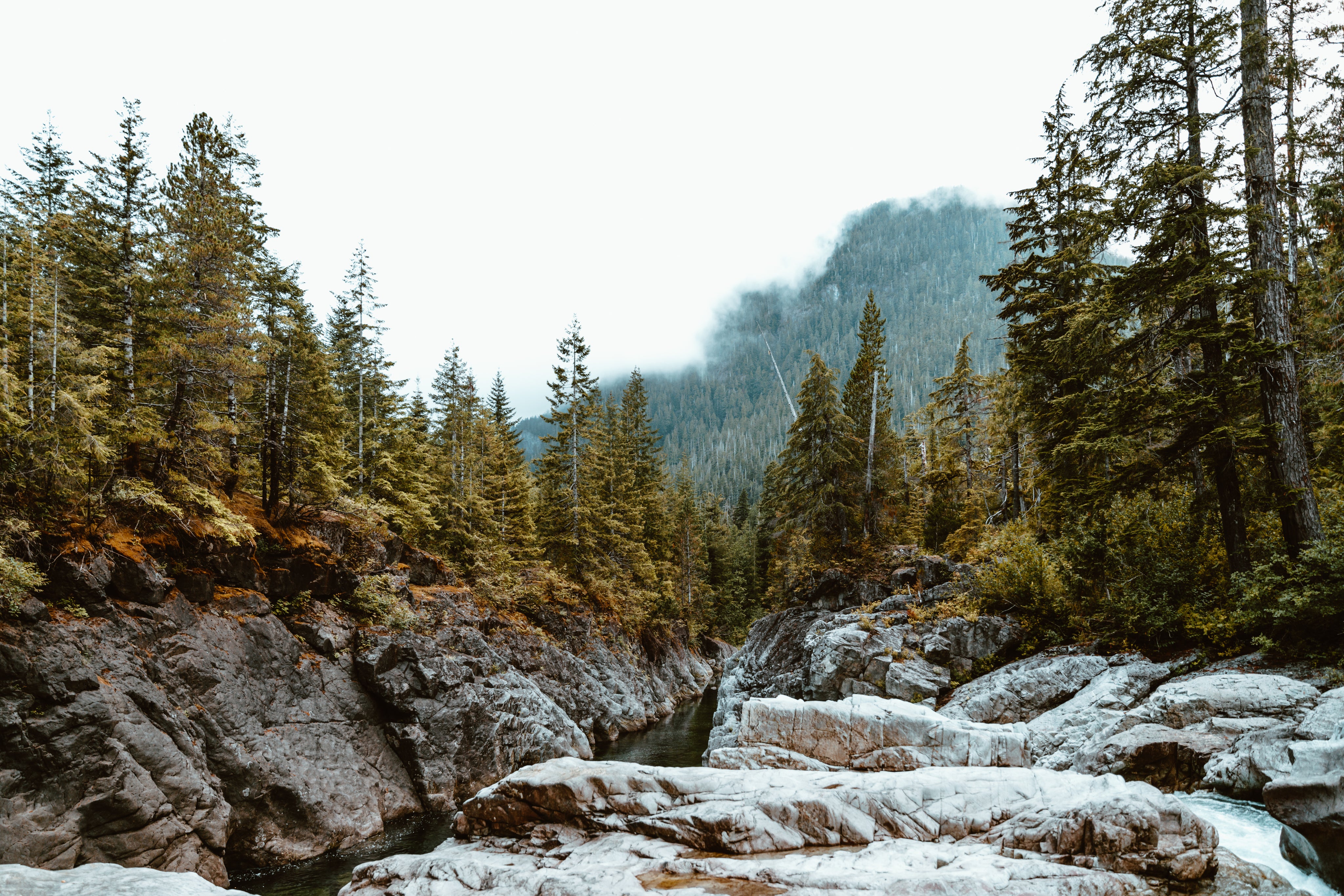HOW IT WORKS | Electric Backpacking Stove
Heat and rehydrate meals at the same time.
Add food. Add water. Plug it in.
Makes backpacking meals in ~15 minutes.
OUR PHILOSOPHY
Backcountry cooking should not require fire, flame, or fossil fuel
Find Your EcoSimmer
JOIN US and go electric
Share your adventure
"I use EcoSimmer when I travel and plan to use it on short backpacking trips. I can get 2-3 uses from it on one battery charge."
"I primarily use my EcoSimmer for backpacking. Being electric and no fire or fuel drove my purchase. After a few initial uses on backpacking trips in Olympic National Park, primary concern while backpacking this weekend regarding light rain in the forecast. I stored the EcoSimmer, battery and cable in a dry bag when not in active use."
"Overall I felt the EcoSimmer 140 is an excellent upgrade and significantly improves the speed of heating liquid."
"I believe EcoSimmer is a vital system to have available to contend with area restrictions, harsh wind/weather, reducing waste and to have the peace and quiet of the short wait. The product works very well."
"EcoSimmer is great in its simplicity, just keep an eye on the temperature or let it come to a full boil if necessary."
"I have been using EcoSimmer almost everyday to make meals in my car while on the road. It's been amazing as I drive house to house, making a hot meal in my car has been a life saver."
"I love the EcoSimmer. The USB-C port for heating is an awesome idea. I plan to use it during our planned overlanding. The product is a must for outdoor even indoor use."
"I plan to use my EcoSimmer in my Minivan Campervan. I was most interested in that it was fully electric and flameless so I could safely use it inside my vehicle."
"I frequently take long vehicle trips into the mountains, and often find myself wanting to make a quick backpacking meal on the road. In those situations, I often don't want to set up a fuel burning stove and would prefer to have something that can quickly heat water in the car."
"We plan to use EcoSimmer in Colorado where we will be spending our time hiking with our two puppies. We love that EcoSimmer is powered by USB-C and that we will be able to have hot meals without a camp stove or open flame. It means we can have hot meals that are safer to prepare around our dogs."
"I really like EcoSimmer. While a bit slower than a normal burner, it's a great alternative. I do a lot of camping with groups, but I always get up earlier and get my coffee and breakfast. The silence of this is amazing. No clicking or clunking or hissing of flames."
"I plan to use EcoSimmer at my forest cabin that's on 12 volts, or my car. Not using fuel called to me."
"I am using EcoSimmer on an 8m racing yacht as an eco-alternative to a gas stove."

